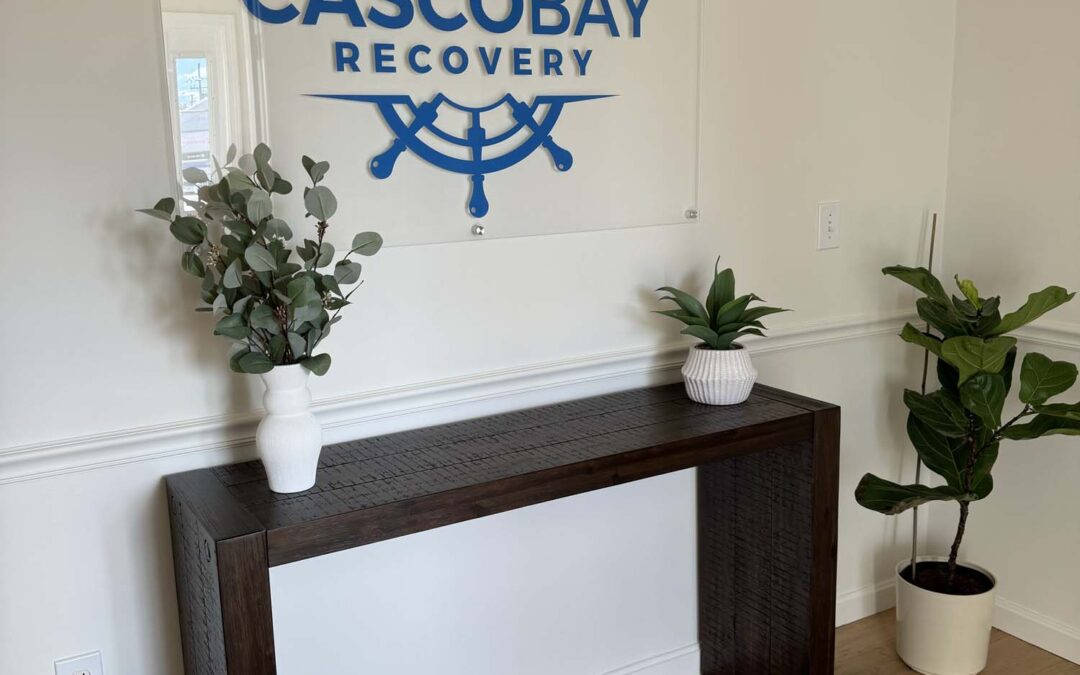In the journey of addiction recovery, addressing underlying trauma is a critical element that can significantly impact one’s path to healing and sobriety. Trauma, whether from childhood experiences, accidents, or any form of abuse, often lies at the heart of addictive behaviors. Casco Bay Recovery recognizes the intricate link between trauma and addiction, advocating for a trauma-informed approach in healing and recovery. In this comprehensive guide, we will explore various strategies for addressing trauma in addiction recovery, ensuring individuals have the tools and support needed to heal emotionally and physically. Learn more about our approach at Casco Bay Recovery’s Therapies.
Understanding the Connection Between Trauma and Addiction: Trauma can profoundly affect an individual’s mental, emotional, and physical well-being, often leading to the use of substances as a coping mechanism. Understanding this connection is pivotal in the healing process. By recognizing the roots of addictive behavior, individuals can better address the underlying issues contributing to substance abuse. Casco Bay Recovery emphasizes the importance of understanding this connection as part of a holistic recovery approach.
Strategies for Addressing Trauma in Addiction Recovery:
1. Trauma-Informed Care: Implementing a trauma-informed approach in addiction treatment ensures that all aspects of care are conducted with an understanding of trauma. This approach helps create a safe environment where individuals feel understood and supported. Discover the benefits of trauma-informed care at Casco Bay Recovery’s Philosophy.
2. Individual Therapy: One-on-one sessions with a qualified therapist can provide a safe space for individuals to explore and process their traumatic experiences. Therapies such as Cognitive Behavioral Therapy (CBT) and Eye Movement Desensitization and Reprocessing (EMDR) have been particularly effective in treating trauma. Learn more about our individual therapy options at Casco Bay Recovery’s Individual Therapy.
3. Group Therapy and Support Groups: Sharing experiences with others who have faced similar challenges can foster a sense of community and understanding. Group therapy provides a platform for individuals to express their feelings, learn from others, and gain support in a collective environment. Check out Casco Bay Recovery’s Group Therapy for more information.
4. Holistic Therapies: Incorporating holistic therapies such as yoga, meditation, and art therapy can help individuals connect with their bodies and emotions in a gentle and healing manner. These practices can reduce stress, improve mental health, and enhance overall well-being during recovery. Explore holistic options at Casco Bay Recovery’s Holistic Therapy.
5. Developing Coping Strategies: Learning new, healthy coping mechanisms is essential for individuals dealing with trauma and addiction. Building skills such as emotional regulation, stress management, and mindfulness can empower individuals to handle triggers and stressors without resorting to substance use.
6. Medication-Assisted Treatment (MAT): For some, MAT can be an integral part of the recovery process, especially when dealing with withdrawal symptoms or co-occurring mental health disorders. By combining medication with counseling and behavioral therapies, MAT can provide a comprehensive approach to address both trauma and addiction. Learn more about MAT options at Casco Bay Recovery’s Medication-Assisted Treatment.
7. Encouraging Self-Care and Healthy Lifestyle Changes: Encouraging individuals to engage in self-care practices such as proper nutrition, regular exercise, and adequate sleep can significantly impact their ability to cope with trauma and stress. A healthy lifestyle supports physical healing, which is closely tied to emotional and mental well-being.
Resources for Further Support:
1. Substance Abuse and Mental Health Services Administration (SAMHSA): SAMHSA provides a variety of resources and tools for individuals dealing with trauma and substance abuse. Visit SAMHSA’s website for more information and support.
2. National Center for PTSD: This center offers resources and information specifically tailored for individuals struggling with post-traumatic stress disorder. Their website can be accessed at PTSD’s official site.
3. Local Support Groups: Engaging with community support groups can provide ongoing support and a sense of belonging. Local resources can often be found through hospitals, community centers







